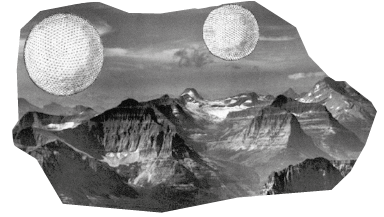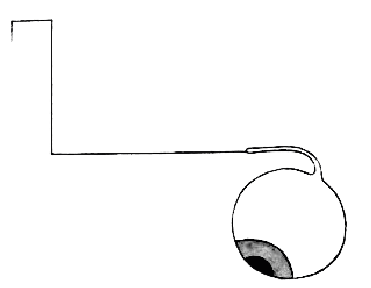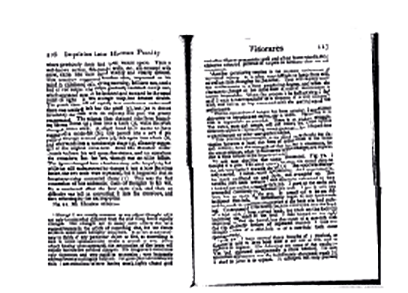Karrabing Film Collective, Wutharr, Saltwater Dreams, 2016 [28:53 min.]

Karrabing Film Collective, Wutharr, Saltwater Dreams, 2016, 28.53’’
Awarded the 2015 Visible Award, Wutharr, Saltwater Dreams is based on real events. Across a series of flashbacks, an extended Indigenous family argues about what caused their boat’s motor to break down and leave them stranded out in the bush. As they consider the roles played in the incident by the ancestral presence, the regulatory state and the Christian faith, Wutharr, Saltwater Dreams explores the multiple demands and inescapable vortexes of contemporary indigenous life. The film is the most surreal and near-psychedelic of the Karrabing Film Collective’s productions to date. It explores how the collective’s Indigenous filmmakers experience the containments of missionary-Christian moral codes as well as settler-colonial rule-of-law, and how these layer, displace, but ultimately are absorbed into ancestral territorial arrangements secured in sweat and through generational obligation.

The Karrabing Film Collective uses the creation of film and art installations as a form of Indigenous grassroots resistance and self-organization. The collective opens a space beyond binaries of the fictional and the documentary, the past and the present. Meaning “low tide” in the Emmiyengal language, karrabing refers to a form of collectivity outside of government-imposed strictures of clanship or land ownership. Shot on handheld cameras and phones, most of Karrabing’s films dramatize and satirize the daily scenarios and obstacles that collective members face in their various interactions with corporate and state entities.





















